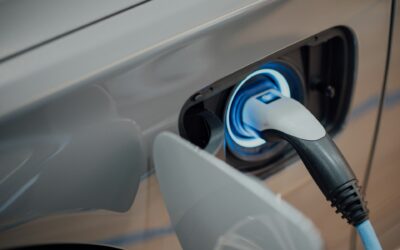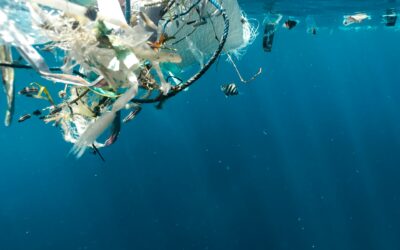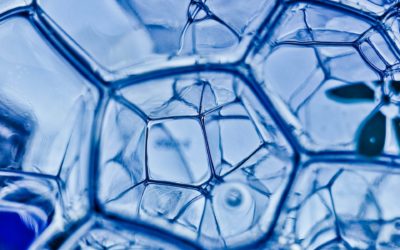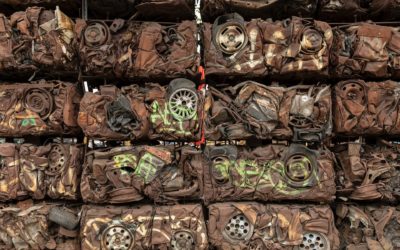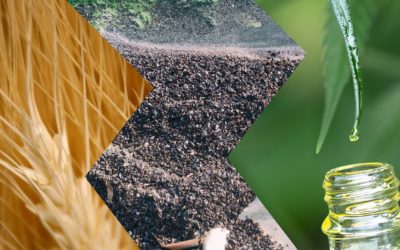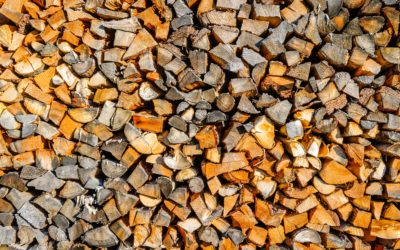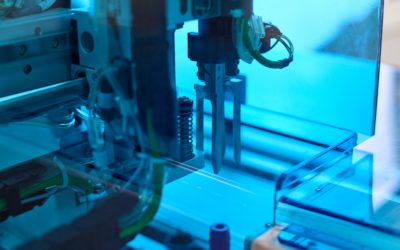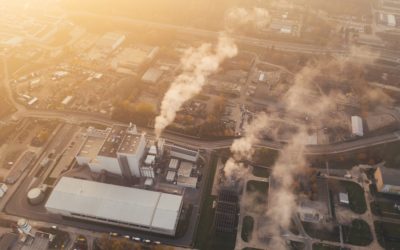Investment in S&T Scientific and Technological Capacities
R&D Programmes
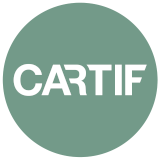
R&D Programmes
Scientific and technological capabilities
Description
The Research and Innovation Strategy for Smart Specialisation (RIS3) of Castilla y León for the period 2021-2027, is conceived as an instrument to increase the competitiveness of the activities in which Castilla y León is specialised, not only betting on its digital and ecological transition, but also taking advantage of digitalisation, decarbonisation and sustainability demanded at European and global level as niches of opportunity, without losing the hallmark of identity of Castilla y León. All this, under the premise of developing the scientific and technological potential of the innovation ecosystem of the Community, taking advantage of the existing capacities and developing those others that are required to address the economic and social challenges through the collaboration of public and private agents, with an international perspective.
In line with the RIS3 Strategy of Castilla y León, the aim is to boost the scientific and technological capabilities of the Technology Centres based in Castilla y León and thereby contribute to improving the competitiveness of the business fabric of the Community, especially SMEs, through knowledge and support for their various technological needs.
The purpose of this line of subsidies is to support the Technology Centres of the Community of Castilla y León to carry out investments in research infrastructures, thus strengthening their technological and scientific capacities, improving their positioning and at the same time reinforcing their transfer and support activities for the business fabric.
The subsidies, framed in this order, are co-financed by the European Regional Development Fund (ERDF), whose new programming framework is the ERDF Programme 2021-2027 of Castilla y León approved by Decision C(2022) 9470 of 12 December 2022.
CARTIF participation
CARTIF has been participating in this call since 2021, obtaining funding for 13 of the 15 projects submitted so far. In the 2023 call, the projects approved focus on the following topics:
- Study of the mechanical behaviour of recycled composite from the aeronautical industry and wind turbine blades.
- Efficient recovery of metals from spent electric vehicle batteries.
- Integral recovery of plastic and bioplastic waste for the sustainable production of renewable gases and bioproducts: an advanced focus on the bioeconomy and biodegradability. PROBIO project.
- Agrigenomics and next generation sequencing technologies.
- Incorporation of new equipment and processes to improve the advanced digital manufacturing laboratory.
- Study of the use of alternative protein sources from agro-industrial by-products.
Thematic blocks:
It doesn´t exist any restriction about sector or technology to develop.
Grant to support investment for the improvement of the scientific and technological capacities of the Technology Centres of the Community of Castilla y León (2023).
![]()

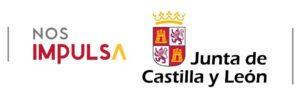
Co-financed with ERDF funds contributing to the Policy Objective “OP1: A more competitive and smarter Europe, promoting innovative and intelligent economic transformation and regional connectivity to information and communication technologies”.
Responsibles
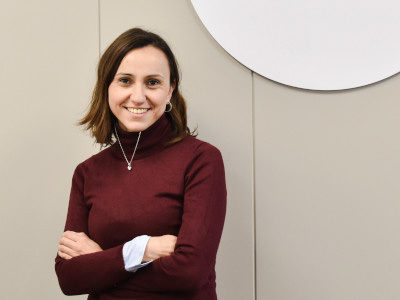
Irene Hompanera Velasco
Programs Department
Related projects
Efficient recovery of metals from spent EV batteries
The project focuses on the recovery of critical metals present in the cathode of spent electric vehicle battery cells, through a more environmentally sustainable process, for their future reintroduction into the value chain.
PROBIO
The general objective of the PROBIO project is to work on broadening the spectrum of substrates that can be treated in fermentation processes for the production of renewable gases (biohydrogen and biomethane) and biocompounds of interest (volatile fatty acids).
Contribution to the substitution of fossil fuels by biofuels to help reduce global warming.
CARTIF projects Contribution to the substitution of fossil fuels by biofuels to help reduce global warmingDescriptionBiofuels offer greater energy security, lower greenhouse gas and particulate matter emissions, rural development, better vehicle performance and a...
Renewable hydrogen and natural gas production and storage
The project focuses on the development of an integrated process for the production of green hydrogen and hydrogen carrier molecules (energy carriers) for use as renewable fuels to replace current fossil fuels.
Sustainable process for the efficient recovery of metals from wasted electric vehicle batteries
Recovery of metal oxides present in the cathode of electric vehicle battery cells by means of hydrometallurgical and direct recycling processes.
Innovation in rapid methods for the detection of biomarkers of interest in agri-food, environmental health and biomedicine
Las líneas de investigación de CARTIF en calidad de aire interior y mejora de la calidad alimentaria buscan ir un paso más allá en las capacidades analíticas y experiencia que se tienen actualmente para trabajar en aplicaciones dentro de los sectores de la salud ambiental, la agroalimentación y la biomedicina.
Sustainable Biofuel Generation and Purification Process
The project is focus on the valorisation of agro-industrial organic residues for the production of biomethane, through anaerobic digestion processes. Also, the use of technologies for the treatment of gaseous and liquid streams will be based on membrane contactors and reverse osmosis membranes, respectively. On the other hand, pretreatment of samples with microwaves will also be studied.
New equipment in advanced digital manufacturing
This proposal focuses on the Fab LAb (Fabrication Laboratory) concept, which is a digital fabrication workshop for personal use, i.e. a space for the production of physical objects on a personal or local scale that brings together machines controlled by computers. Its particularity lies in its size and its strong link with society rather than industry.
Development of research lines on air quality and agro-ecological processes.
The research lines of AIR QUALITY and AGRO-ECOLOGICAL PROCESSES seek to achieve sustainable solutions to alleviate environmental problems such as poor air quality, urban green regeneration, environmental well-being in cities, management and restoration of urban watersheds, sustainability in the use of resources and energy in cities, conservation of urban ecosystems…
